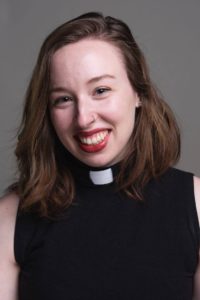As we celebrate the 30th anniversary of the first extraordinary ordinations, most of the focus has been on the three pastors who were ordained and on other pastors who followed them.
But none of this would have happened without the actions of the congregations that called them. This work started before January 20, 1990.
In American Lutheranism ordinations only happen after a candidate has received a call from a congregation. The extraordinary road began in 1989 when the members and pastors of First United and St. Francis Lutheran Churches decided to defy the ELCA policy requiring celibacy of lesbian, gay, and bisexual clergy. Call votes were taken at St. Francis on October 29 and at First United on November 12, 1989. They did not make this decision lightly or expect that there would be no consequences.
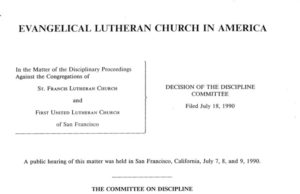 These two congregations were tried, suspended, and expelled from the ELCA. (Click link to read the full decision) Although it took ten years for the next one, fifteen other extraordinary ordinations occurred between 2000 and 2009. Two extraordinarily ordained pastors also received second calls. These calls and ordinations all happened because congregations (21 in all in the Evangelical Lutheran Church in America and the Evangelical Lutheran Church in Canada) were willing to risk discipline in order to call a candidate that they believed would best lead and serve their ministry. Some of them were disciplined, but all remained in the ELCA or ELCiC.
These two congregations were tried, suspended, and expelled from the ELCA. (Click link to read the full decision) Although it took ten years for the next one, fifteen other extraordinary ordinations occurred between 2000 and 2009. Two extraordinarily ordained pastors also received second calls. These calls and ordinations all happened because congregations (21 in all in the Evangelical Lutheran Church in America and the Evangelical Lutheran Church in Canada) were willing to risk discipline in order to call a candidate that they believed would best lead and serve their ministry. Some of them were disciplined, but all remained in the ELCA or ELCiC.
The ministries of these congregations and their pastors demonstrated that LGBTQIA+ people (lay and clergy) are a vibrant part of the church. The members of these churches believed more in the Gospel than in church policy. They saw that the policy barring pastors in same-gender relationships was not only in violation of the gospel message, but also in violation of the ELCA constitution.
The Extraordinary Congregations were:
- First United Lutheran Church, San Francisco: Jeff Johnson, 1990
- St. Francis Lutheran Church, San Francisco: Ruth Frost and Phyllis Zillhart, 1990
- Abiding Peace Lutheran Church, Kansas City: Donna Simon, 2000
- St. Paul and United Lutheran Churches, Oakland and University Lutheran Chapel, Berkeley: Craig Minich, 2001
- St. Paul-Reformation Lutheran Church, St. Paul: Anita Hill, 2001
- St. Paul, Resurrection, and Trinity Lutheran Churches, Oakland, and Trinity Lutheran Church, Alameda: Sharon Stalkfleet, 2002
- Bethany Lutheran Church, Minneapolis: Jay Wiesner, 2004
- St. Luke’s Lutheran Church of Logan Square, Chicago: Erik Christensen, 2006
- Her Church, Christ Church Lutheran, St. Francis Lutheran Church, and Sts. Mary and Martha Lutheran Church, San Francisco: Megan Rohrer, 2006
- St. Francis Lutheran Church, San Francisco: Dawn Roginski, – June 1 2007
- Resurrection Lutheran Church, Chicago: Jen Rude, 2007
- Salem English Lutheran Church, Minneapolis: Jen Nagel, 2008
- Holy Cross Lutheran Church, Newmarket, Ontario: Lionel Ketola, 2008
- Grace Evangelical Lutheran Church, Houston: Lura Groen, 2008
- Extraordinary Lutheran Ministries to a hospital chaplaincy in Minneapolis: Jodi Barry, 2008
- First United Lutheran Church, San Francisco: Jay Wilson, 2008
- Holy Communion Lutheran Church, Philadelphia: Steve Keiser, 2009
- University Lutheran Chapel, Berkeley: Jeff Johnson second call, 1999
- University Lutheran Church of the Incarnation, Philadelphia: Jay Weisner second call, 2008
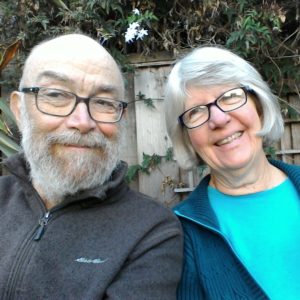
Margaret Moreland (she/her/hers) lives in Berkeley, California. She is happy to be married to Bennett Falk. Margaret was one of the founders of ECP (Extraordinary Candidacy Project) and has served on the Boards of ECP, LLGM (Lutheran Lesbian & Gay Ministries), and ELM. She will be retiring from the ELM Board in February which will give her more time for tai chi and bicycling.

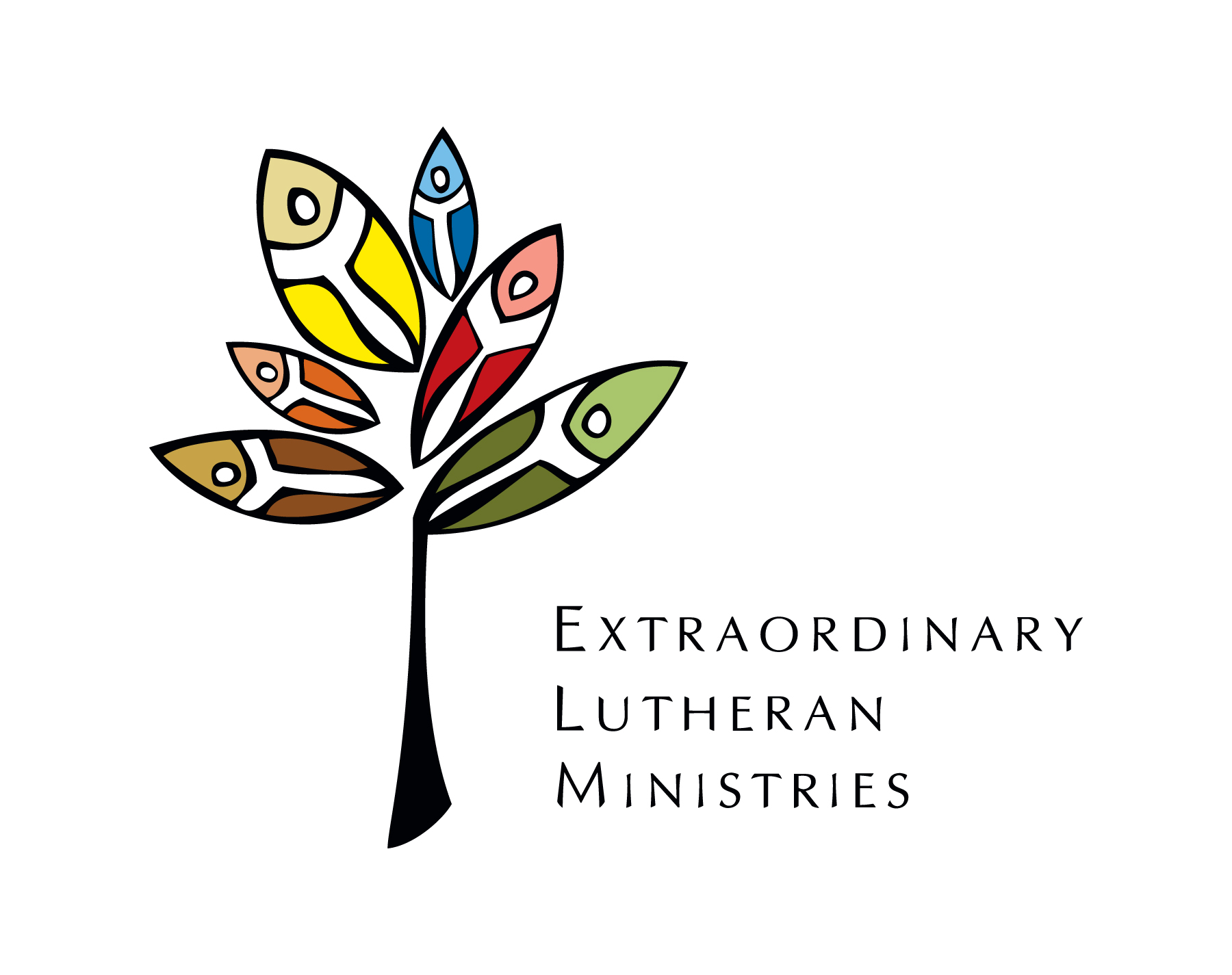
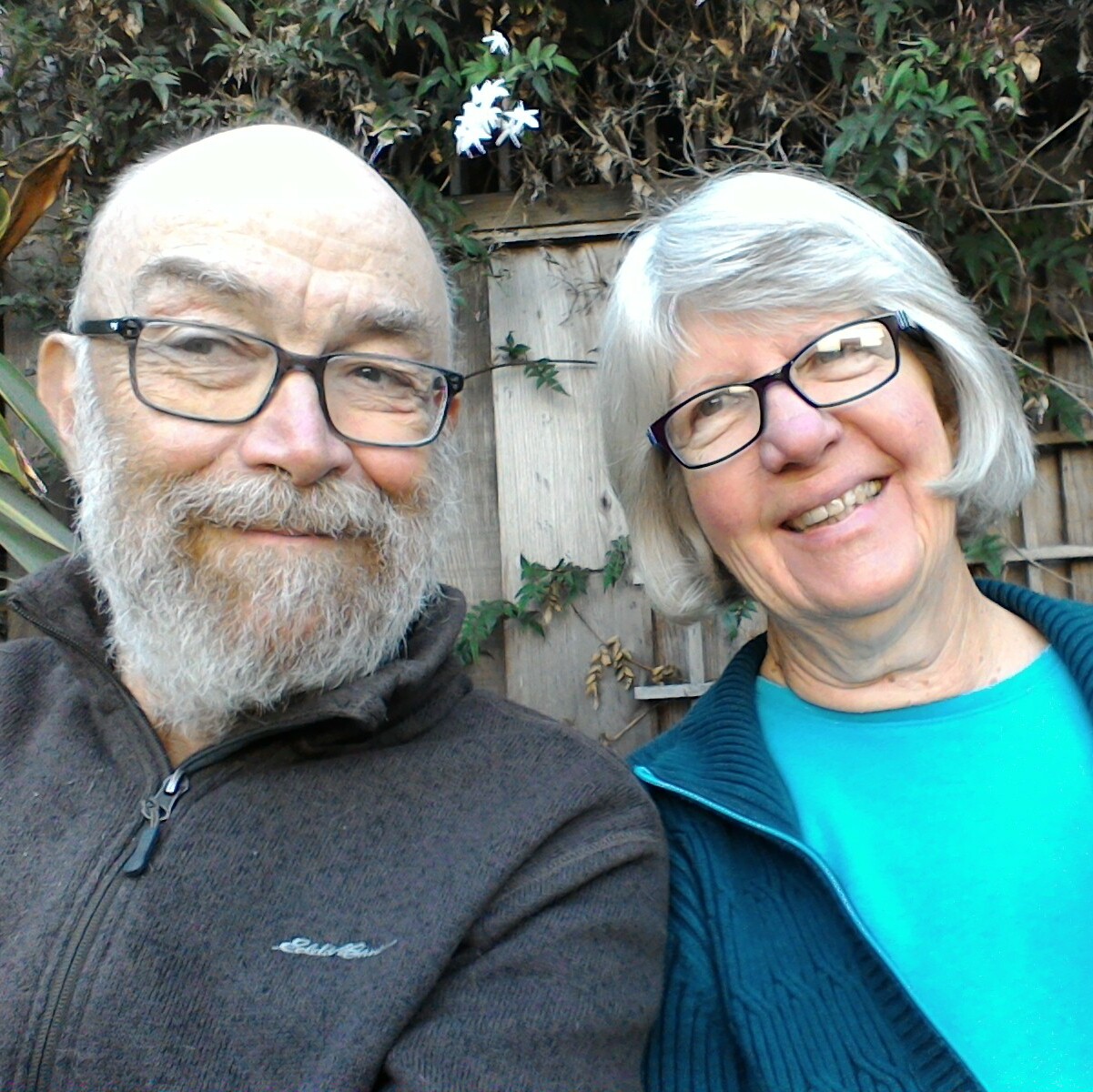
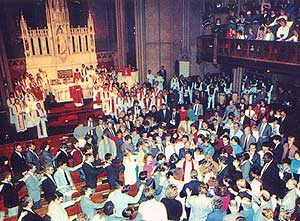 More than a few of those present for ordination in January, 1990 encouraged their home congregations to consider a more inclusive process for calling pastors. Some put their efforts into the newly-formed Lutheran Lesbian and Gay Ministries (LLGM), supporting ministries and congregations at risk by virtue of the ELCA policy of exclusion. Others established the Extraordinary Candidacy Project to certify qualified candidates for ministry excluded by ELCA’s requirement of celibacy for sexual minority pastors. Even others connected with Lutherans Concerned/North America (LC/NA, now Reconciling Works) or Wingspan or Soulforce or Goodsoil to work for policy change.
More than a few of those present for ordination in January, 1990 encouraged their home congregations to consider a more inclusive process for calling pastors. Some put their efforts into the newly-formed Lutheran Lesbian and Gay Ministries (LLGM), supporting ministries and congregations at risk by virtue of the ELCA policy of exclusion. Others established the Extraordinary Candidacy Project to certify qualified candidates for ministry excluded by ELCA’s requirement of celibacy for sexual minority pastors. Even others connected with Lutherans Concerned/North America (LC/NA, now Reconciling Works) or Wingspan or Soulforce or Goodsoil to work for policy change. 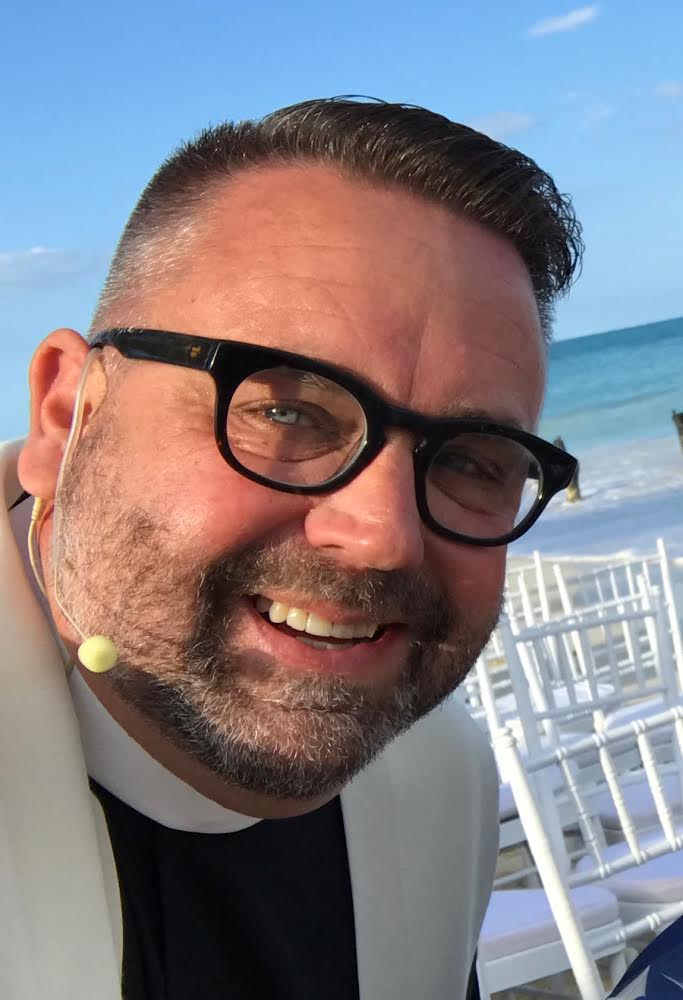
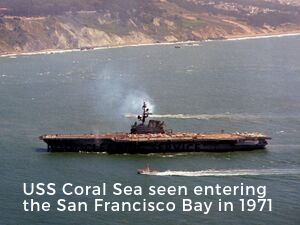 Berkeley, where I serve as pastor, declared itself to be a “sanctuary” during the Vietnam War for conscientious objector sailors on board the USS Coral Sea aircraft carrier anchored in the San Francisco Bay. The following month, the City Council of Berkeley took action and declared Berkeley to be a “sanctuary” for these sailors, becoming the first municipality in the country to identify itself in this way.
Berkeley, where I serve as pastor, declared itself to be a “sanctuary” during the Vietnam War for conscientious objector sailors on board the USS Coral Sea aircraft carrier anchored in the San Francisco Bay. The following month, the City Council of Berkeley took action and declared Berkeley to be a “sanctuary” for these sailors, becoming the first municipality in the country to identify itself in this way.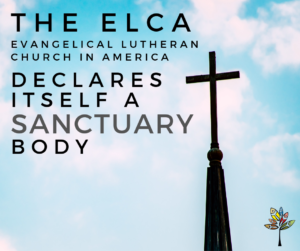 against asylum-seeking refugees was to declare the whole church to be in solidarity as a “sanctuary denomination.” Once again, there are no rules permitting such solidarity; indeed, there are federal laws against aiding and assisting undocumented migrants. But our church found the courage it needed to stand in solidary from a deeply held, faith-rooted vision for an alternative way of living together in the world that values conscience, dignity, and basic human rights; a way we see reflected in Gospel.
against asylum-seeking refugees was to declare the whole church to be in solidarity as a “sanctuary denomination.” Once again, there are no rules permitting such solidarity; indeed, there are federal laws against aiding and assisting undocumented migrants. But our church found the courage it needed to stand in solidary from a deeply held, faith-rooted vision for an alternative way of living together in the world that values conscience, dignity, and basic human rights; a way we see reflected in Gospel.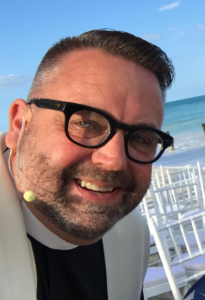



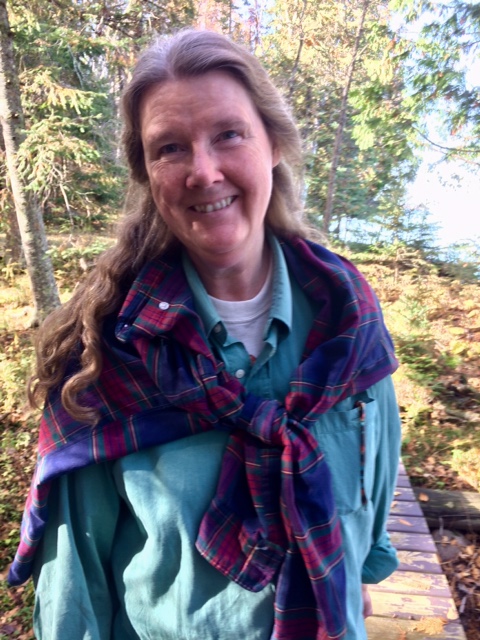
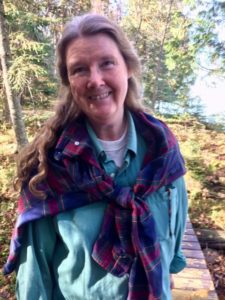
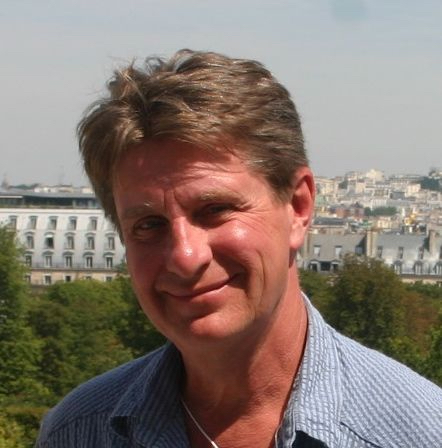



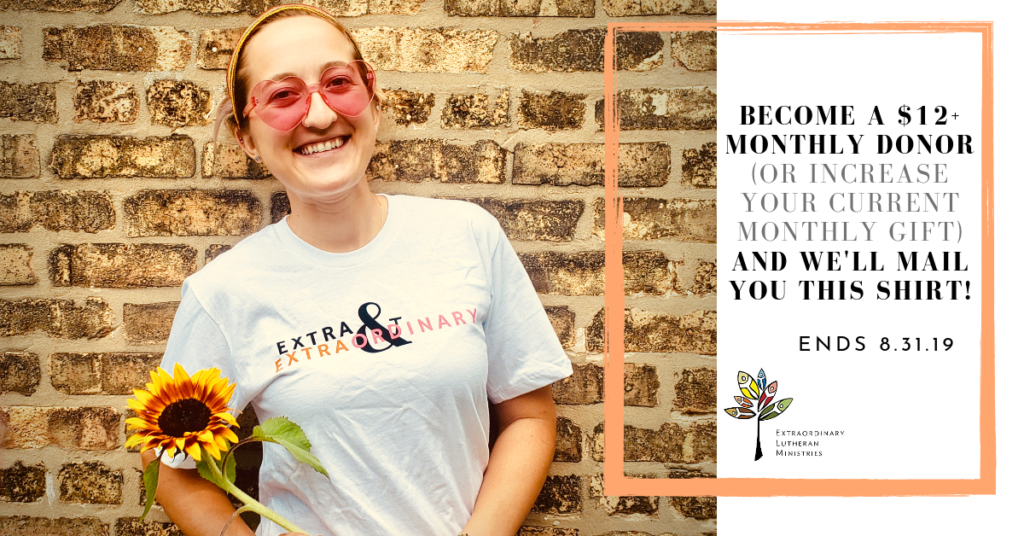

 Each year, Extraordinary Lutheran Ministries names a
Each year, Extraordinary Lutheran Ministries names a 